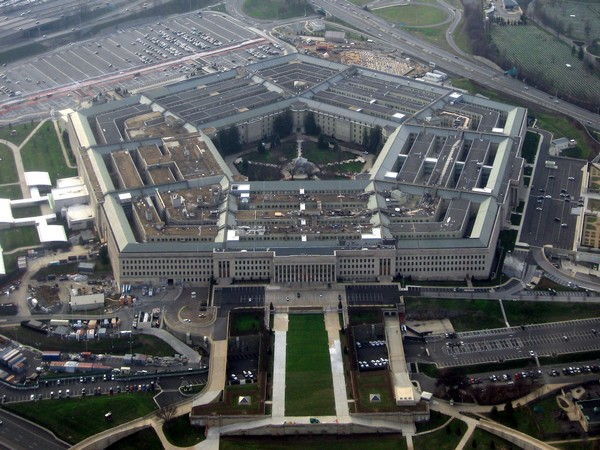WASHINGTON: The US military’s hands-off approach on the ground in Syria is ceding influence to Russia and Iran, a top lawmaker warned Tuesday, as the Pentagon said it has seen the ISIS “resurge” in parts of the country. Senate Foreign Relations Committee chairman Bob Corker said Moscow and Tehran have “significant influence” in the war-ravaged Middle Eastern nation due to their years-long commitment, while President Donald Trump signals the US could be headed for the exits there.
When asked whether he wanted a greater US troop presence to shape events in Syria, Corker was somber. “I think the administration’s plans are to complete the efforts against ISIS and to not be involved,” he said, using another acronym for the terrorist group. A frustrated Corker spoke after exiting a classified briefing by Secretary of Defense James Mattis and top generals, who explained the Pentagon’s strategy to lawmakers following last weekend’s missile strikes on Syria.
“Syria is Russia and Iran’s now. They will be determining the future,” he said. “We may be at the table, but when you’re just talking and have nothing to do with shaping what’s happening on the ground, you’re just talking.” Republican Senator Lindsey Graham, expressed alarm about a lack of US engagement in the country where insurgents have waged a brutal civil war against the regime of President Bashar al-Assad. “Everything in that briefing made me more worried, not less,” he said.
‘All tweet, no action’
“There is no military strategy on the table to deal with the malign influence of Iran and Russia,” Graham said. After the pinpoint air strikes that Trump telegraphed on social media, “I think Assad… believes we’re all tweet, no action,” he added. Democrats joined in the criticism, with Senator Chris Coons, warning that Trump’s administration has “failed to deliver on a coherent plan” in Syria.
“If we completely withdraw, our leverage in any diplomatic resolution or reconstruction, or any hope for a post-Assad Syria, goes away.” Meanwhile, Colonel Ryan Dillon, a spokesman for the US-led coalition fighting ISIS in Syria and Iraq, said Assad’s regime and Russia have not always been able to hold the terrain recaptured from ISIS. “As we look at ISIS in areas where we are not operating, where we are not supporting our partners on the ground, there has been ISIS elements who have been able to come back and take territory (including in) some of the neighborhoods in southern Damascus,” Dillon said.
“We’ve seen ISIS start to resurge in areas west of the Euphrates River.” The US military is closely watching ISIS in Syria and Iraq, where the terrorists have lost 98 percent of the land they once held, according to the Pentagon. Progress however has halted in recent weeks in areas where the US-led coalition is fighting ISIS through the Syrian Democratic Forces, a local proxy group, due to Turkish military action in the north. Ankara in January launched a bloody operation around Afrin to push Kurdish fighters out of the city. Many of the Kurds who had been engaged in anti-ISIS operations have quit that fight to support comrades in Afrin.
AFP

